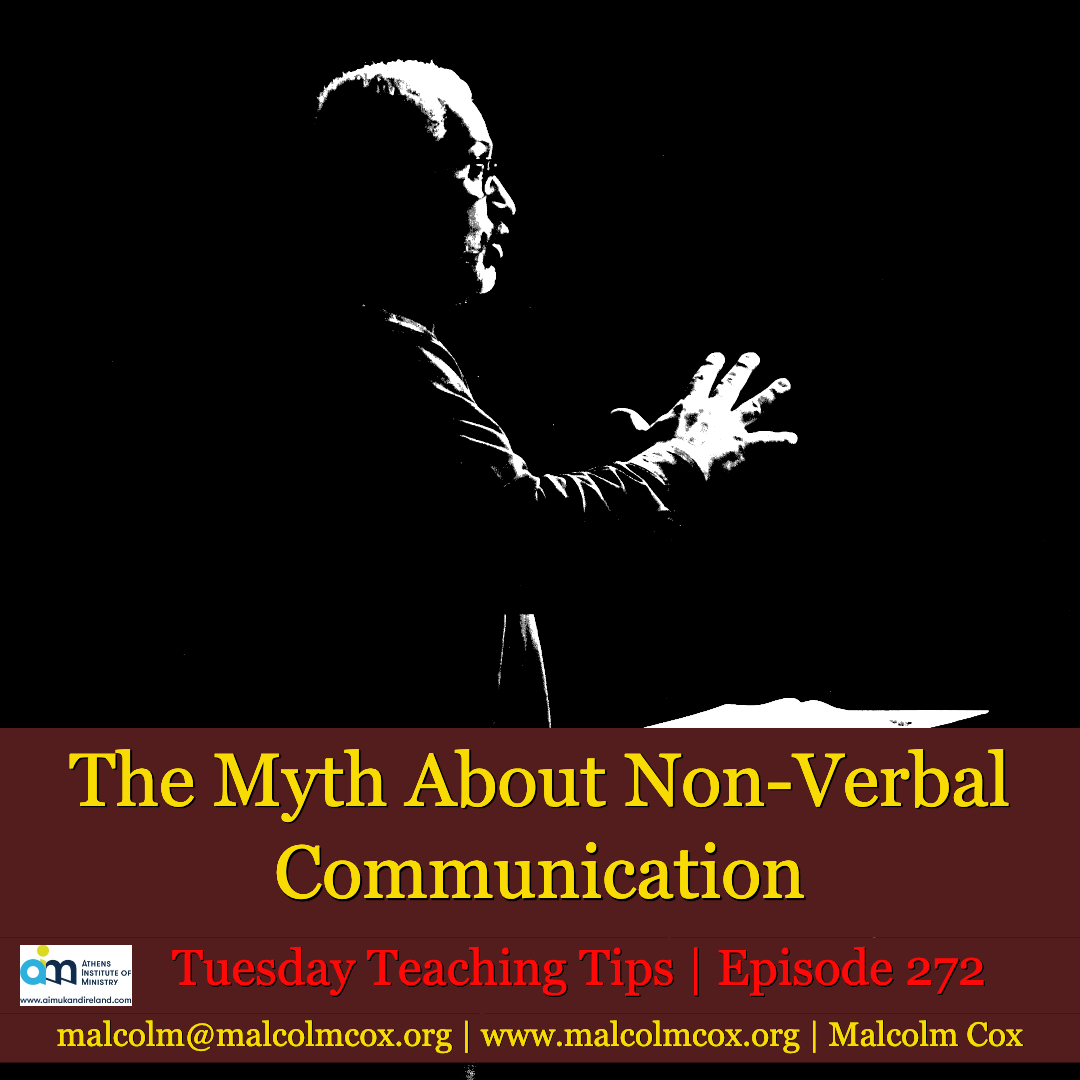
Humility is a big deal. Biblically, one falls or rises depending on one’s possession of godly humility:
“All of you, clothe yourselves with humility toward one another, because, “God opposes the proud but shows favour to the humble.” Humble yourselves, therefore, under God’s mighty hand, that he may lift you up in due time.” (1 Peter 5:5–6 NIV11)
It is, of course, possible to have a false humility as outlined by the apostle Paul: “Do not let anyone who delights in false humility and the worship of angels disqualify you.” (Colossians 2:18 NIV11). And it can be tricky to distinguish a Christ-like humility (Philippians 2:3ff) from a pharisaical humility (Luke 18:9-14).
Despite these challenges it is possible to grow in humility. How do we do this? Let me offer something that might be useful.
I have been reading a book written in the Middle Ages by an unknown author (“The cloud of unknowing”). Part-way through his book about connecting with God, he describes two kinds of humility. Both helpful, but one superior to the other. Tell me what you think about his ideas. Here is the relevant quote:
“Humility in itself is nothing but a true knowledge and feeling of oneself as one is; for certainly anyone who could truly see and feel himself as he is would be truly humble. There are two reasons for humility, and they are as follows. One is humanity’s impurity, wretchedness and weakness, into which we have fallen by sin, and which we must always feel to some degree while we live on earth, however holy we may be. The second is the superabundant love and excellence of God in himself, at the sight of which all nature trembles, all scholars are fools, and all saints and angels are blind; so that, were it not that through the wisdom of his Godhead he made their vision proportionate to their capacity in nature and in grace, I tremble to say what would become of them. This second reason is perfect, because it will last eternally; the first reason is imperfect, not only because it will cease at the end of this life, but also because it may often happen that a soul in this mortal body will find its longing so heightened through the abundance of grace that, as often and as long as God deigns to bring it about, the soul will suddenly and completely lose and forget all knowledge and feeling of its existence, paying no attention to whether it has been holy or wretched; but whether this happens often or seldom to a soul in this state, I believe that it lasts only a very short time. During this time it is made perfectly humble, for it knows and feels no reason but the chief one; and whenever it knows and feels the other reason associated with it, even if God is the chief reason, it is imperfect humility. It is good all the same, and must always be had; and God forbid that you should understand it in any other way than I am saying.
The Cloud of Unknowing and Other Works (Penguin Classics) (Kindle Locations 1396-1408). Penguin Books Ltd. Kindle Edition.
- Imperfect humility. This is the humility brought to our attention by a consciousness of our own sinfulness. Imperfect humility is useful, because it is a reality with which we need to reckon, and which can help us to understand our need for God. It can be the creator of a helpful soberness (Romans 12.3). However, it is focused on ourselves rather than God.
- Perfect humility. Such an humility is ours when we are focused on the holiness of God, his magnificence and glory. Perfect humility is perfect because it is an humility engendered by a contemplation of perfection. As such, it is superior to the imperfect humility.
It is my supposition that most of us have a preponderance of focus upon either imperfect humility or perfect humility. In other words, our humility is inspired by an awareness of our sinfulness, or an awareness of God’s righteousness.
Doubtless we find both useful from time to time, but perhaps due to our personality and experiences we might find that one predominates.
Which one is it for you? Do you have them in balance?
If your focus is imperfect humility, what could you do to develop “perfect” humility. If your focus is exclusively perfect humility are you missing anything by not contemplating the source of imperfect humility? Do we need both? Is one superior to the other?
The next time you go out to pray, why not pray about both your wretchedness, and God’s righteousness?
Please report back and let us know the effect of praying about both kinds of humility has on your connection with God. Good or bad, helpful or unhelpful.
Please add your comments on this week’s topic. We learn best when we learn in community.
Do you have a question about teaching the Bible? Is it theological, technical, practical? Send me your questions or suggestions. Here’s the email: malcolm@malcolmcox.org.
If you’d like a copy of my free eBook on spiritual disciplines, “How God grows His people”, sign up at my website: http://www.malcolmcox.org.
Please pass the link on, subscribe, leave a review.
God bless, Malcolm
PS: You might also be interested in my book: “An elephant’s swimming pool”, a devotional look at the Gospel of John



